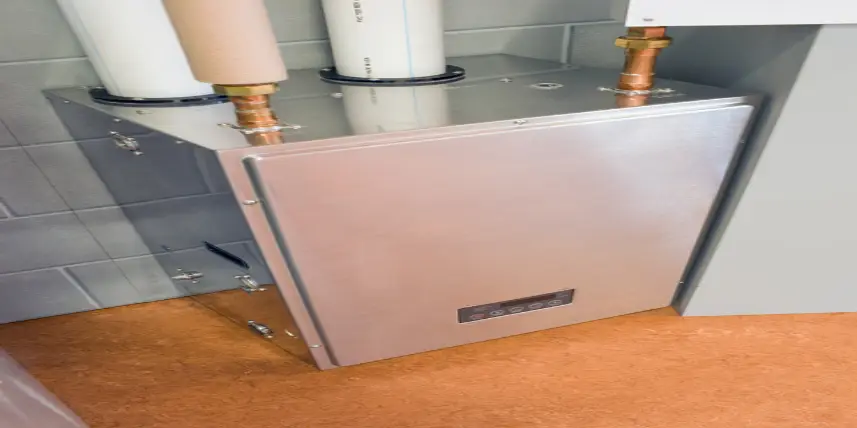
As incredibly convenient as they are, and quite advanced in comparison to traditional water heaters, tankless units are also susceptible to running into issues throughout their lifespans. It’s only natural after all since they get so much use. However, unlike traditional heaters, tankless water heaters have unique problems that you’ll want to be aware of. Whether you’re considering upgrading your current heater or having issues with your current unit, here are some troubleshooting tips.
Common Problems with Water Heaters
With their great energy efficiency and space-saving capabilities, you do still need to pay attention to the amount of water your household uses, along with the type of water you have.
Heater Overload
There is a capacity limit with every tankless water heater, which gives you an idea of how much water can be used at one time. You might notice that your heater is being overloaded if multiple individuals are using water simultaneously and only some are getting hot water.
This can be a learning curve to adjust to when you have a new tankless heater. It could be a simple fix where you stagger heavy water usage times or reset the unit. But if your family has adjusted water usage, tested which appliances can run at the same time, and still has heating inconsistencies frequently, you may be in need of an upgraded unit or an additional heater. It might seem like adding another unit to your home would be an unwelcome investment, but it may save you money down the line as you’ll use less water while you wait for it to heat up.
Inconsistent Shower Temperature
This also has a term known by some as the “cold water sandwich effect”. Essentially, it means that one person showers, then another person goes to use the shower only to quickly experience a blast of cold water. The cold water will turn back to hot, but not before shocking whoever ended up showering second.
When the shower turns off from the first shower, the tankless water heater has stopped working to heat it. So, any leftover warm water will still come out of the pipes, but then the heater takes a few seconds to recognize that it needs to start heating water again. At this point, you’ll start to notice warmer jets once again. Generally, this is more of a learning instance for homeowners as it doesn’t require repair, just a minor adjustment to shower schedules. With that being said, if cold showers persist for more than a minute or so, there may be an underlying issue to address.
Ignition Failure
If your water heater isn’t getting your water hot enough, there could be a problem with the flame failing to hold or actually ignite. Once you’ve confirmed your bill payment went through for that month’s electricity, and that the propane tank isn’t low, you can start exploring solutions with the gas line.
If your water and gas valves aren’t fully open, be sure to open them and see if that helps. Of course, our professionals handle tankless water heater repairs routinely and are more than happy to check out the problem and safely get things working again. Especially when it comes to gas appliances, it’s not worth the potential hazards of troubleshooting alone if you don’t have the licensing or experience.
Mineral & Sediment Buildup
This issue is not relative to just tankless water heaters but is based on the type of water you have. The harder your water is, the more mineral content it holds. These minerals, like Calcium and Magnesium, cause scaly buildup within pipes and can cause functional issues with water heaters over time. Tankless heaters require cleaning from time to time to lengthen their lifespan since the buildup makes it challenging for water to flow properly. As the path gets narrower to the heat exchanger, this mineral blockage can trap debris and create fire hazards.
You can flush your water heater (or hire someone to do it) every six months to clear debris. Another solution is water softeners, which will help to slow the buildup process.
No Air Supply
If there is a lack of air supply within the heater, a code will display letting you know about a potential exhaust blockage. Check to make sure that the vent pipes are connected properly and don’t have any damage (exterior vents should be free from nests or rodents as well). This is also a good time to ensure that the heater has enough clearance per the manufacturer’s requirements.
Our licensed and insured tankless water heater repair specialists in Memphis are here to help!

